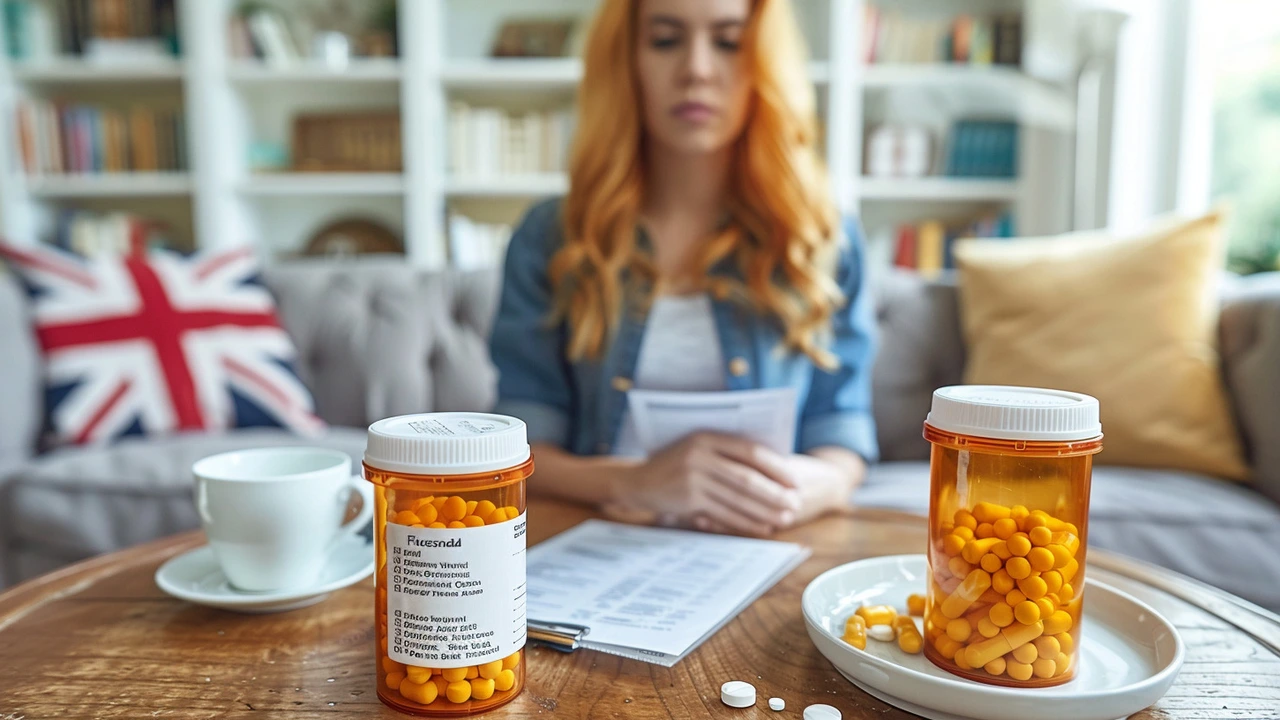You took a prescription for fluconazole and now wonder if a drink is OK. Short answer: occasional light drinking usually won’t cause a major drug interaction, but there are real risks you should know about—especially if you have liver issues, take other meds, or are on a longer course.
Fluconazole is an antifungal that can put strain on the liver. Alcohol also stresses the liver. When both are present, the combined effect can raise the chance of liver damage. Fluconazole also alters how your body handles some other drugs (it affects certain liver enzymes). Mixing alcohol with fluconazole can increase side effects like nausea, dizziness, tiredness, and stomach upset.
If you’re on a one-time single 150 mg dose for yeast infection, most people don’t have dangerous interactions with moderate alcohol. But that doesn’t mean it’s risk-free. If you drink heavily the same day, you may feel worse than usual and your liver gets more burdened.
1) Be honest with your prescriber. Tell the doctor or pharmacist how much and how often you drink. That helps them pick the safest treatment and check if you need liver tests.
2) For single-dose treatment: avoid binge drinking the same day. Waiting 24–48 hours after the dose before drinking heavily is a cautious approach for most people.
3) For multi-day or long-term therapy: avoid regular or heavy alcohol use while on fluconazole. If you take fluconazole for several weeks or longer, your doctor may want baseline and follow-up liver function tests (LFTs).
4) Watch for warning signs. Stop drinking and call a provider if you get yellowing of skin or eyes, dark urine, persistent nausea, severe stomach pain, or extreme fatigue. Those can be signs of liver injury.
5) Check other medicines. Fluconazole can raise levels of drugs like warfarin, some statins, and certain antiepileptics. Alcohol can change how those drugs work too. Combining all three (alcohol, fluconazole, and another medication) increases risk—get personalized advice.
If you’re pregnant or breastfeeding, don’t drink alcohol and avoid fluconazole unless a doctor says it’s necessary. High-dose fluconazole has known risks in pregnancy, and alcohol carries its own dangers.
Bottom line: for most healthy adults a single drink with a short fluconazole course is unlikely to cause major trouble, but avoiding heavy or regular drinking is the smart move. When in doubt, ask your provider and get liver tests if advised. Protecting your liver now prevents bigger problems later.

Mixing medication with alcohol can be risky, and Fluconazole is no exception. This article delves into whether it's safe to consume alcohol while taking Fluconazole, highlighting potential risks, effects, and what you should do. Get informed to make the best decision for your health.